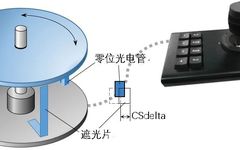C++ References and Reference Types: Efficient Use of Pointers
C++ References and Reference Types: Efficient Use of Pointers In C++, both references and pointers are tools used for indirect access to variables, but they have significant differences. This article will detail references in C++ and their differences from pointers, along with code examples to help beginners understand. What is a Reference? In C++, a … Read more









